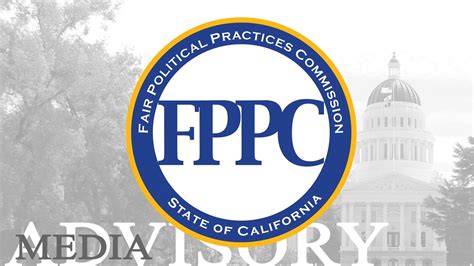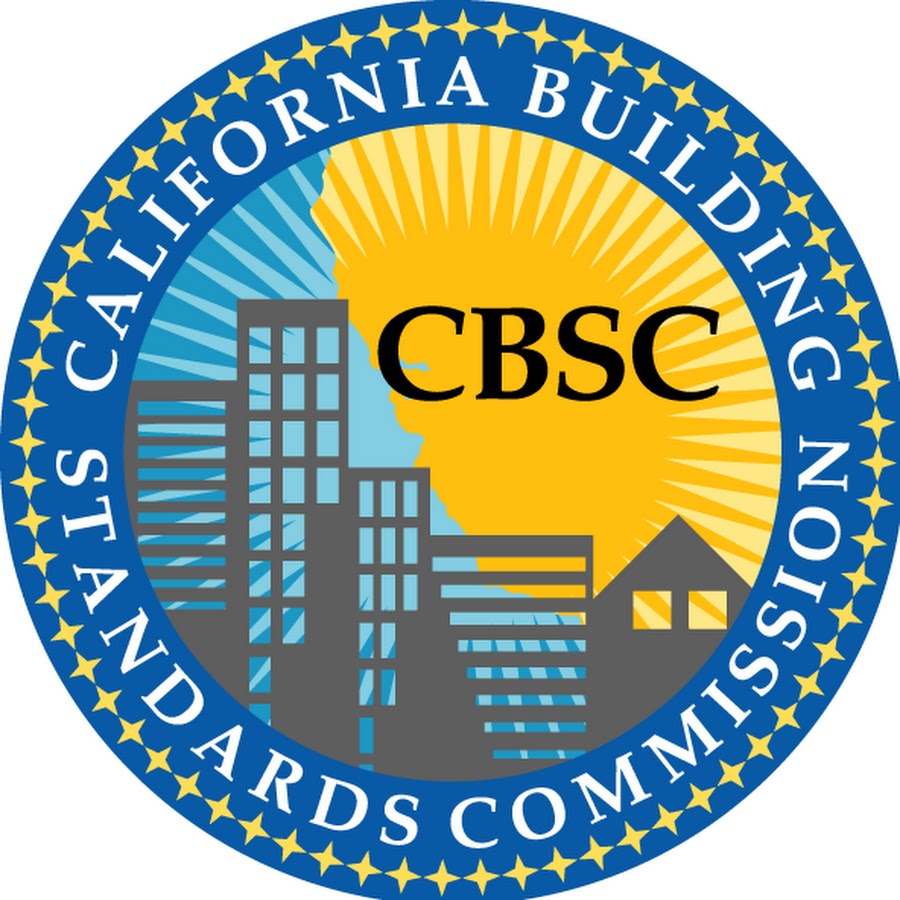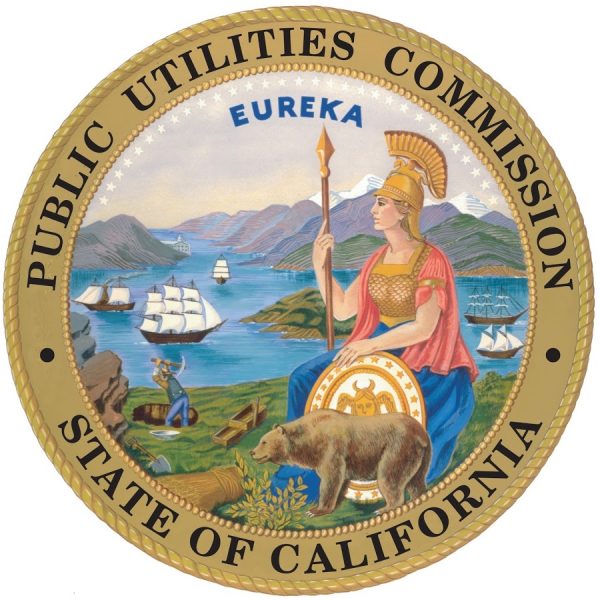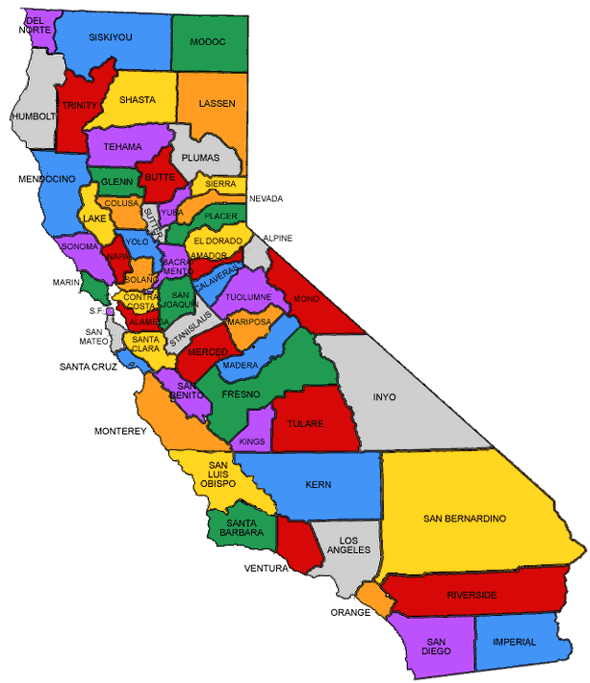
FPPC logo. (Photo: fppc.ca.gov)
Fair Political Practices Commission
Its Enforcement Division handles over 1,500 complaints and referrals per year
By Chris Micheli, July 21, 2020 6:25 am
The Fair Political Practices Commission was created by Proposition 9 as part of the Political Reform Act of 1974 that was adopted by the statewide electorate in the aftermath of the Watergate scandal at the federal level. The FPPC is a five-member independent, non-partisan commission that has primary responsibility for the impartial and effective administration of the PRA. The PRA regulates campaign financing, conflicts of interest, lobbying, and governmental ethics in the State of California.
The stated objectives of the FPPC are to ensure that public officials act in a fair and unbiased manner in the governmental decision-making process, to promote transparency in government, and to foster public trust in the political system. The FPPC has a long history of enforcing campaign finance and lobbying laws in this state and is viewed as a leader across the country in this regard.”
According to the FPPC, “Looking forward, there are several goals the Commission is promoting to help foster the public’s trust in our political system. Foremost, we will continue to diligently prosecute serious violations of the law, ensuring that officials operate in a way that does not betray the public’s confidence. Second, the Commission will increase transparency by utilizing technology to provide “smart disclosure,” giving more people easy access to vital information about their public officials and campaign financing. Finally, we will concentrate on adopting meaningful reforms while maintaining the highest ethical standards.”
Specifically, the PRA requires the FPPC to regulate campaign finance laws, conflicts of interest for local and state public officials, lobbyist registration and reporting, political mass mailings, and gift laws. In their efforts to ensure proper compliance with the PRA and the FPPC’s regulations, the Commission provides informal and formal advice to those seeking it, as well as other informational material. The FPPC staff even offer workshops and webinars for those seeking proper compliance information.
For those who run afoul of the PRA and FPPC, there are different types of enforcement actions that can be taken by the FPPC, including administrative proceedings, criminal prosecution (which is done by the Attorney General or local district attorney), and civil actions. As one might imagine, most cases brought by the FPPC are prosecuted through the administrative process, which is headed by its Enforcement Division.
According to the FPPC, its Enforcement Division handles over 1,500 complaints and referrals per year. The Division also conducts audits of campaigns and lobbying firms. Their audits include both mandatory and discretionary ones. The FPPC publicly releases enforcement case results and summaries.
What are the most common violations of the PRA? Per the FPPC, the following is a list of violations that the FPPC regularly enforces:
- Financial conflicts of interest
- Laundered campaign contributions
- Over-the-limit gifts and contributions
- Improper use of campaign funds, including personal use
- Campaign mass mailings at public expense
- False, inadequate, or inaccurate reporting on statements of economic interests, campaign statements and reports
- Non-filing or late filing of such statements and reports
- Anonymous or cash contributions of $100 or more
Finally, the FPPC website includes access to its Transparency Portal, which is comprised of tools that can help voters make informed choices at the ballot box, including the following:
Comprehensive Search Function: This feature allows users to search through public officials Form 700s, Agency Reports as well as FPPC Advice Letters, Commission Opinions and Case Closure letters.
Behested Payments Search: This user-friendly chart highlights which public officials solicited or “behested” payments to be given to their favorite charities or causes.
Top Contributor Lists: These lists detail the top 10 contributors to ballot measures and independent expenditure committees that have spent $1,000,000 or more to support or oppose a measure or candidate.
Enforcement Actions Heat Map: This map provides a compelling visualization that illustrates where FPPC enforcement actions have taken place.
Public Records Requests: This page contains information on how to request documents and records from the FPPC.
Pending Legislation: Here the public can find all the pending bills impacting the Political Reform Act and the Commission’s positions on those bills.
Special Reports: These 2009 and 2010 reports focus on fundraising by candidates for state office since contribution limits were enacted; spending by the top 15 special interest groups; and primary election campaign spending for Governor.
Enforcement Transparency Portal: The public can find information related to complaints and cases. The Portal is updated twice per day. Complaints and cases appear one day after receipt or opening.
- Legislative Committees in California - August 19, 2025
- The Division of Property Concerning Debts and Liabilities - August 19, 2025
- 3-Measure Legislative Package on Redistricting Released - August 18, 2025







